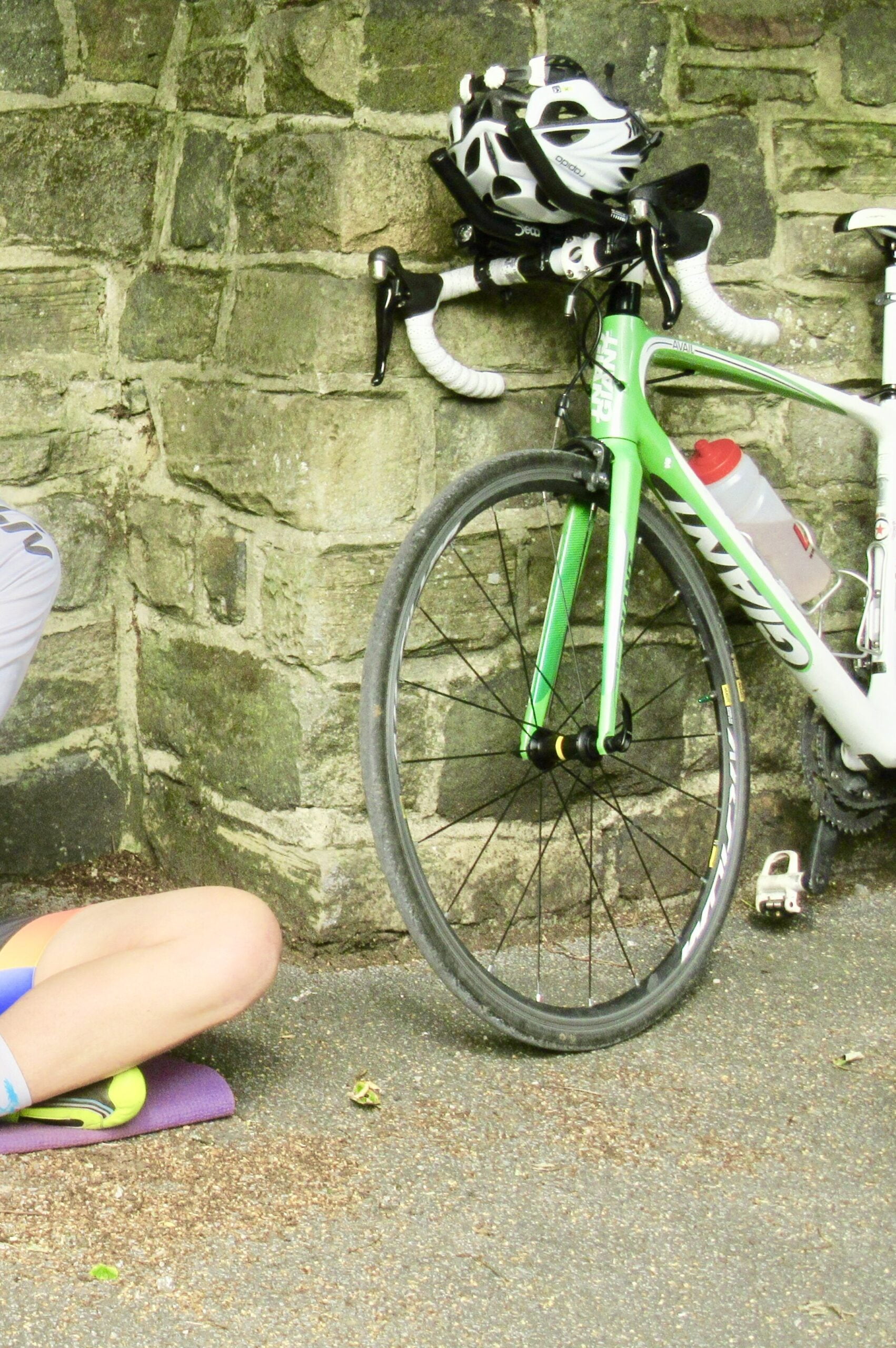Asking questions is a healthy thing – you want to keep asking yourself and others questions so you can learn and keep moving forward.
Below we have answered some questions about yoga, our preferred way of increasing and maintaining mobility and resilience – the foundations for any athlete.
Yoga is not a quick fix for some niggles, something you do for only a couple of weeks or just another “add on” that you have to fit in.
Yoga is for everyone: “men, women, stiff, flexible, newbie, advanced, weak, strong, young, old, athlete, non-athlete….. just not for lazy people“. Yoga for mobility and resilience is a weekly commitment to feel, move and sleep better and to feel calmer and more at ease.

Questions
1) Why should I do yoga as an athlete? A regular yoga routine can help you build a solid foundation for your training. Yoga offers a wide array of tools that focus on integrating body, mind and breath. It can contribute to improving flexibility, strength, general immunity, quality of sleep, an effective metabolism, improved energy and mood stability.
2) Is yoga relevant for me? Do any of the following apply to you: legs dragging in the pool, stiff or painful lower back after a long bike-ride, running niggles due to poor body position and technique, poor sleep quality, inadequate relaxation and recovery? If yes then you need yoga or some form of mobility session in your programme.
3) I’m a total beginner can I do yoga? Yes definitely. The classes we offer on Zoom and in the video library are taught in an easy to follow manner, including both verbal instructions and physical demonstrations.
4) Am I too stiff for yoga? You can definitely be too stiff, but you can’t be too stiff for yoga – “bite the bullet” and get started with mobility training straight away. You need something to counteract a repetitive training load, sitting all day and age.
5) Can I become too flexible? This is not very likely to happen, as you are spending far more time running and biking than doing yoga. But what you will achieve is not becoming overly stiff. Instead you can obtain or maintain a normal range of motion in your joints enabling you to perform good technique and access the strength you have.
7) I’m not sure about giving up training time to do yoga. Is it worth it? As an athlete you are always looking to improve and perform better. So technique and quality in every session is key. You can’t afford time off training due to niggles/injuries or be turning up to sessions not being fully recovered to train well. So often when we carefully evaluate how we spend out time and make clear priorities we can find time for the things we believe will make us better.

8) How do I fit yoga into my training programme? Lots of athletes have succeed with doing yoga on their day off from other training. It can satisfy your need to move, but in a much gentler way, be a nice change, and leaves you feeling calm and relaxed after the session.
9) Can yoga substitute for Strength and Conditioning ? We don’t believe that yoga can be a complete substitute for an S&C programme but it can certainly help you get more out of your S&C. Common feedback we have had: “before I was so stiff that I could not do the exercises in my gym programme”. Some athletes have chosen to not do a gym session but have found that a combination of yoga with triathlon specific strength training like hill reps, swimming with paddles, using swim cords and over-gearing on the bike works for them.
10) Can yoga prevent injuries? Yes and no. If we talk about acute injuries the answer is no. But yoga can help you create a well-aligned body, and make it strong and flexible enough in the right places so you can safely load it with training and not get injured. Yoga will also fine-tune your awareness of your body so you feel signals, like a small niggle or being too tired, and react accordingly.
13) How often is it advisable to do yoga? A good beginning is to aim for 1 hour of yoga per week, you will soon feel the difference. If you have more time available adding some shorter sessions after/before your easier/longer training sessions can work well.
12) Does it matter what style of yoga I do? Yes, first of all it needs to be a class you enjoy. Like anything else you do, you want to see and feel a difference otherwise it is not a good use of your time and energy. So look for a sport-specific class if you want a good all-round experience or else a “hatha” class may be an alternative. If what you need is to chill, rest and work mentally a “yin” class can be a good choice.



